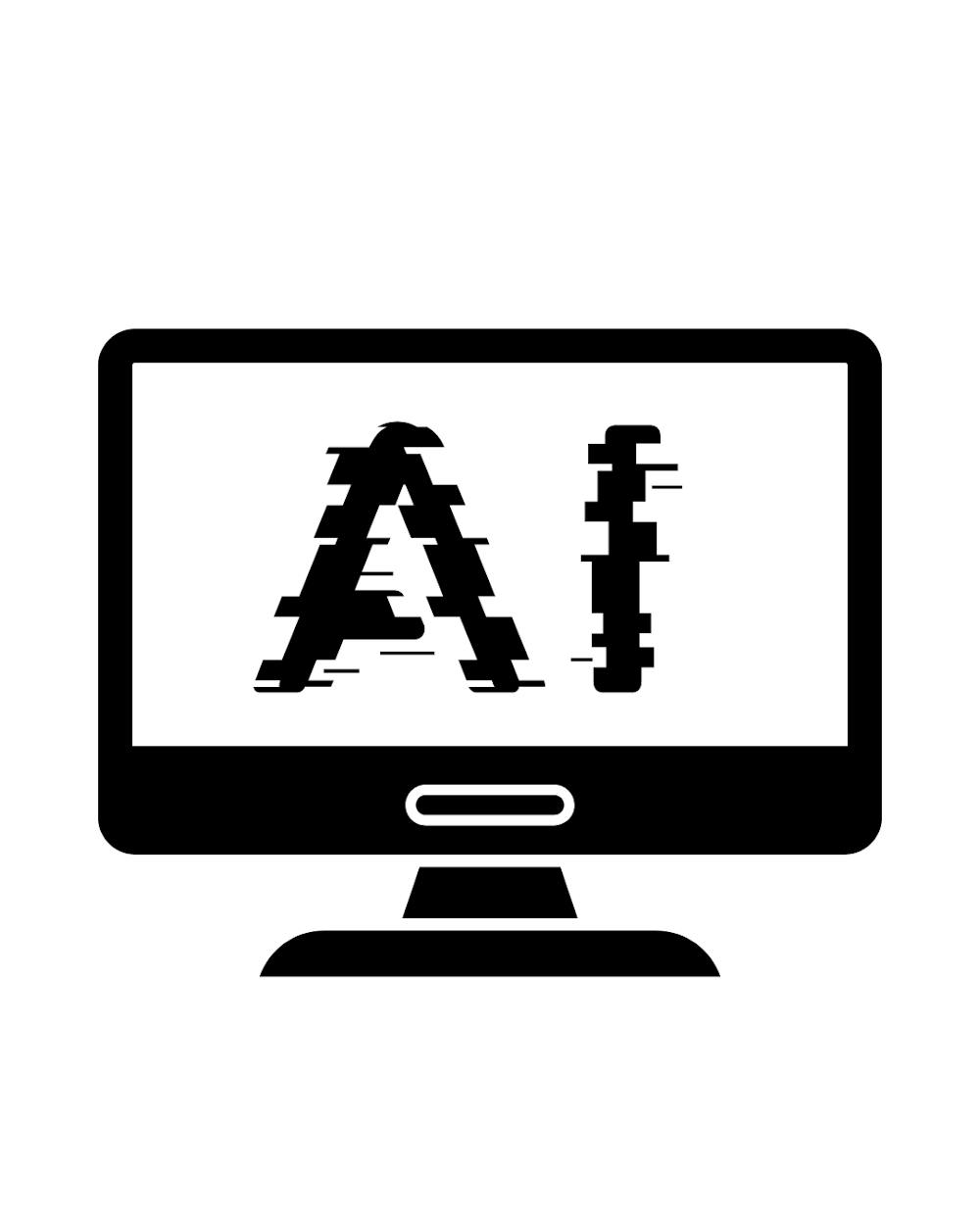'Embracing AI at CMU'
Central Michigan University is taking first steps towards developing guidelines for the usage of artificial intelligence on campus with the launch of the 2025 Go Grant Initiative “Embracing AI at CMU” in early September.
As AI use becomes increasingly common in higher education, faculty from the university’s Department of Curriculum and Instructional Support have utilized the Go Grant program to take a proactive approach to this issue.
The program is one of several projects to help advance the university's five-year strategic plan set in motion in 2023. The $500,000 pool of funds is distributed variably to student and faculty groups whose proposals align with the goals of the strategic plan.
According to the initiative's website, the project aims to formulate a more concrete approach to how students, faculty, and staff can use AI to ethically support teaching, learning, and research.
The site reads that the department will receive $47,500 from Go Grants to achieve three goals:
- Providing recommendations for clear university policy regarding AI
- Cultivating training programs for faculty, staff and students that emphasize ethical and effective uses of AI
- Strengthening AI infrastructure by engineering a pilot program that assesses the needs of the community
Gabrielle Likavec, a CMU teaching and learning consultant, and Stephen Juris, CMU’s director of institutional assessment and curriculum, have spearheaded this effort as Go Grant initiators.
“We did some research and worked with a company called the EAB to get research on what does AI do," Licavek said. "What does the job force look like? And one of the things that is clearly very obvious is that we can't send students out without having a working knowledge of how to use it responsibly and ethically.”
Juris said that together, they built three workgroups comprising a variety of stakeholders on campus and tasked them with addressing the three goals of the initiative. The workgroups will collaborate with experts both on and off campus.
“We tried to be very balanced on making sure we have people from across campus, [a] balance of faculty, staff,” said Likavec. “For various reasons, we couldn't formally invite students, but one of their charges was that they have to document how they are getting and capturing the student voice for each of those questions.”
The groups will attempt to assess the thoughts and opinions of students through public discussion forums and the collection of anonymous survey data, Likavec said.
There are a multitude of factors influencing potential policies, including maintaining academic integrity, privacy concerns, differences across academic disciplines and faculty opinions.
The goal of the initiative, Juris said, is not to harshly dictate how faculty and students utilize AI, but rather to provide institutional support and framework that promotes strategic and innovative usage.
“There's a balance between providing guidance versus providing sort of rule of law,” Juris said. “So, we're not gonna say, 'Faculty, you have to use this in the classroom,' but we want to provide them the knowledge that it's out there.”
Juris and Likavec said implementing policies will likely be a collaborative effort between the president’s office, the provost’s office, the academic senate and the office of information technology.
With all the variables in the equation of AI, Likavec said, the initiative cannot necessarily provide results in a short period of time.
“We don't have concrete answers,” Likavec said. “We can't go to the literature. We can't say like this is the right way to do it. We have to have those conversations.”
Despite this, the initiative pledges to provide actionable recommendations by January 2026.
The Go Grant initiative is only one of a few projects the university has undertaken to handle AI.
In an April news release, CMU announced the creation of a new Applied Artificial Intelligence Minor. The release illustrates that the program will enable students of all disciplines to understand and apply AI on a deeper level.




